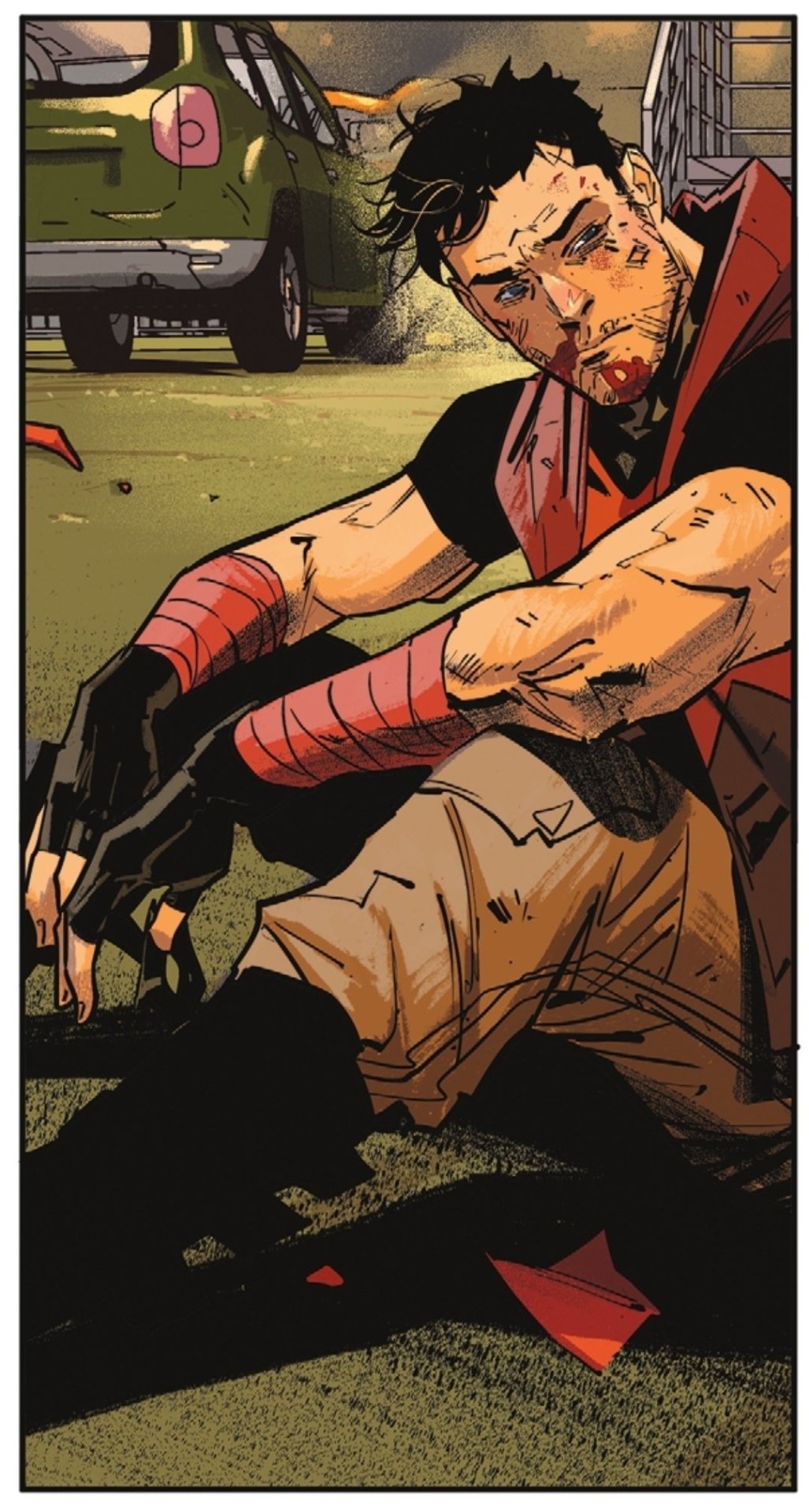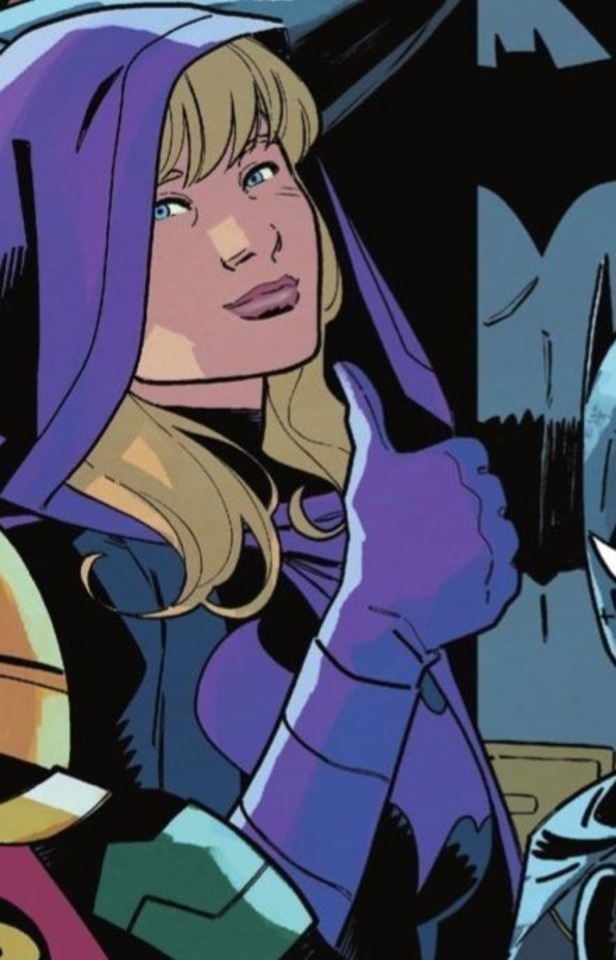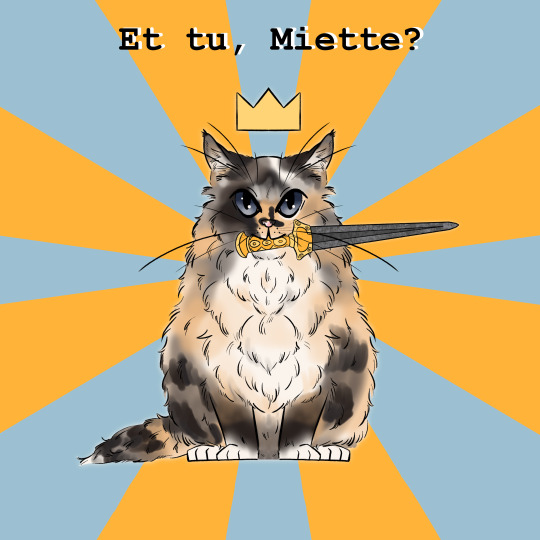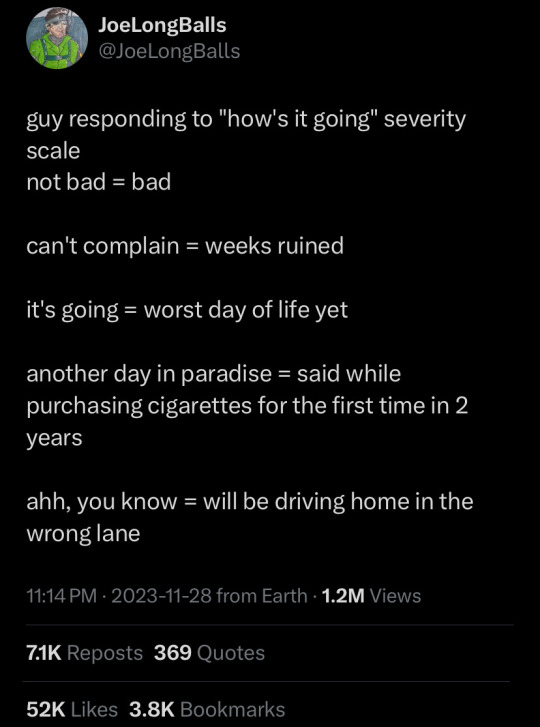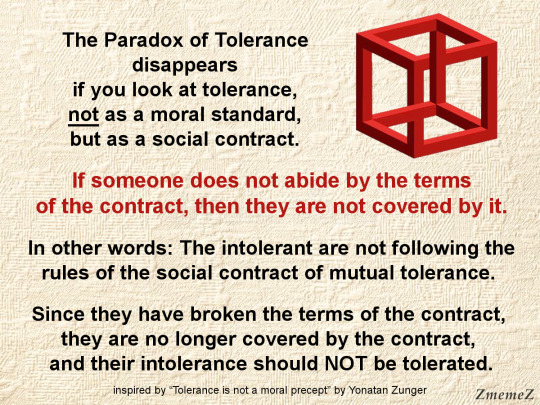Text
most of the talk on this website about Game Changer is how Sam Reich psychologically tortures his contestants, but I want to make it clear to the uninitiated that he's actually extremely ethical about it
He sends out a company wide email and asks them to choose episodes based on a chili pepper rating system
meaning he doesn't put 🌶️🌶️ people into 🌶️🌶️🌶️🌶️🌶️ episodes
they're also big on consent ie cast and crew have to be okay with it before they'll do nudity or something like that in an episode
it's like the bdsm of psychological torture. safe, sane, and consensual.
the contestants know what they're getting into, and they're full down
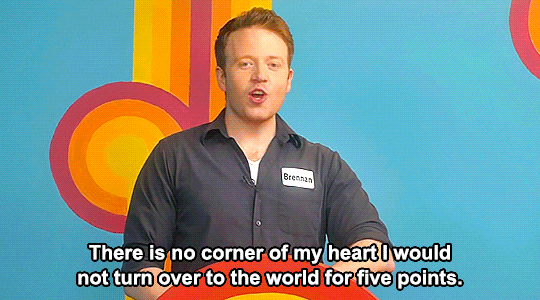
28K notes
·
View notes
Text
Please look at the native range of this truly rare tree called Florida Torreya...how did you even make it
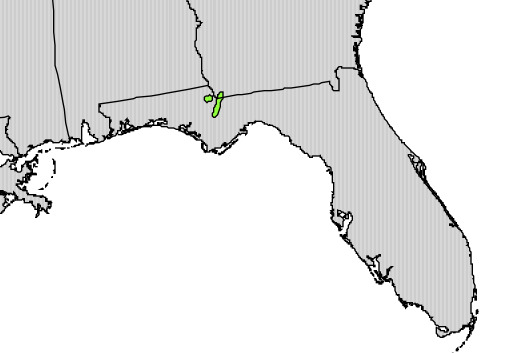

7K notes
·
View notes
Text
I can't help thinking about Keyleth's increasingly horrified expression during the debrief with the Bells Hells—
like. they were up there for, what, 2 days? 3? and they:
Killed one of the Will-masters
Made contact with an underground revolutionary militia on the day they were going to conduct a covert assassination against Ludinus' four-star general
Assisted said revolutionary militia in the largest anti-Imperium attack in history, which in all likelihood resulted in massive and irreparable damage both to Ludinus' drilling site and to the capital fucking city of Ruidus
Also assisted the revolutionary militia in the rescue of a strategic scientific target, who is now their charge in the absence of any remaining Volition members
Brought said scientist back to Exandria as a major source of information about everything that the Emperium was doing, and learned from her where Ludinus is precisely at this very moment
After surviving that, one of their own willingly sacrificed himself, apparently beyond resurrection, to kill Ludinus' three-star general
Successfully turned Ludinus' four-star general into a double agent with the power of love
and at the end of all of that, they get to say that, yeah, they met the fucking Weave-mind too. because sure, why not?
36 notes
·
View notes
Text
Even if I didn’t have a solid plan, in the back of my head, I always assumed I’d kill myself.
Now I’m an adult and people my age have their lives in order and I’m stuck here, confused, because I never planned to be alive and I’m so far behind.
I feel like I’ll never catch up.
17K notes
·
View notes
Text
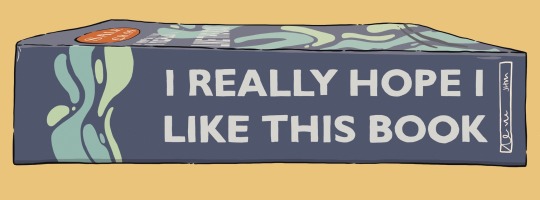
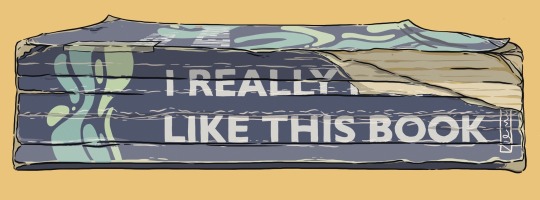
What books have you done this to?
Instagram / Shop
62K notes
·
View notes
Note
I'm very curious to hear your take on Zuko as a disabled character? All of your analyses of disability in fiction have been very interesting to read so far, thank you for sharing your thoughts/expertise.
Thank you! Follow-on from this post about Toph.
What I mean by saying Zuko is a disabled character: the social model of disability basically states that disability is any bodily difference that gets problematized and/or treated as abnormal by society. This definition includes facial differences, AKA any scarring, skin marking, and so on that leads to staring by nondisabled society or other forms of stigma based on the person’s appearance. Part of the reason for this inclusion is about complicating the disabled-nondisabled dichotomy; facial difference and facial scarring are identities within that framework. Part of the reason comes from the U.S.’s history of Ugly Laws, which literally made it illegal for people with facial differences to appear in public in some cities as late as 1974. Part of it is the huge overlap between ableism (giving more privileges to the nondisabled) and lookism (giving more privileges to the normatively beautiful).
Avatar: The Last Airbender has some high-quality anti-ableism in showing Zuko’s story, including how other characters respond to Zuko and how Zuko’s appearance informs but does not define his characterization.
One of the ways this comes out is by turning nondisabled characters’ gaze back on them:
In “The Serpent’s Pass,” Jet says to Zuko “You know, as soon as I saw your scar, I knew exactly who you were…” and then goes on to describe his almost hilariously wrong conclusion that Zuko’s a Freedom Fighter waiting to happen because Zuko’s village was presumably also destroyed by the Fire Nation. We get to see Zuko’s moment of terror that he actually has been recognized turn into incredulity as he then gets invited to join a guerrilla force opposing everything he (currently) stands for. Jet looks stupid for jumping to conclusions based on appearances.
In both “Zuko Alone” and “The Cave of Two Lovers,” that same jumping-to-conclusions works in Zuko’s favor, because both Song’s mother and Li’s parents assume that anyone with a burn scar must be a veteran of the fight against the Fire Nation. Again, the emphasis is on the fact that the people judging Zuko based on his appearance are wrong.
In “The Chase,” Azula becomes the only person we ever see mock Zuko for his appearance, when she covers her own left eye to draw out the “family resemblance” for Aang. The moment gets a horrified reaction out of Aang — Zuko’s his enemy, but Aang also realizes that this is a nasty thing to do — and helps to establish Azula as not just a villain, but a sadistic one.
In “The Beach,” Zuko blows up at Ty Lee for commenting that stress can cause breakouts. His response is unnecessarily mean-spirited, but it also draws attention to the relative level of privilege (the biggest skin problem she has to worry about is acne) that informed her careless comment.
In “Crossroads of Destiny,” Zuko assumes that, when Katara calls him “the face of the enemy,” it’s a way of calling him frightening to look at — and it’s Katara who looks like a jerk for implying it, even accidentally.
The other big way that this comes out is clapping back at the implied treatment of disability as demanding explanation, or the “But why are you like this?” form of ableism:
The show makes it clear that Zuko does not owe anyone — not Song, not Li, not Jet, not his crew, not his friends — an explanation for why he looks the way he does. None of the Gaang ever ask Zuko what happened, and the few characters who do (Li, Song, Lieutenant Jee) don’t end up looking good when they do so.
“The Cave of Two Lovers” clearly underlines the show’s theme of “my body, my business” in the scene where Song tries to touch Zuko’s face. The tone (including literal musical tones) signals that Song is being inappropriate and invasive. It’s understandable that she wants to make a connection, but it’s also emphatically not okay to touch body parts of strangers one has not received permission to touch.
To be clear, taking people’s ostrich-horses is also not okay, Zuko, but Baby’s First Grand Theft Auto helps drive home just how thoroughly Song has let her curiosity and rudeness sour a budding connection. It also shows that, while she’s right that she and Zuko have some things in common, she has privileges he lacks because she doesn’t have to disclose her scars if she doesn’t feel like it. Plus, that moment contrasts to Katara and Mai both touching Zuko’s cheek — Katara just after they’ve shared a moment of vulnerability, Mai just before they start smooching — because they’re both doing so in a way that’s respectful to Zuko himself.
When he wakes up from a dream of turning into Aang, the first thing Zuko does is touch his left eye to make sure he’s still himself. It’s part of his identity, and the only time we see adolescent Zuko without it (earlier in the dream sequence) it’s a way of showing that Zuko isn’t truly himself.
Zuko grapples with the fact that he’s always going to bear evidence of having survived abuse, and a big part of his character journey is concluding that he’s free to make whatever meaning he chooses of that scar, regardless of what Ozai might’ve intended.
There are other elements of Zuko’s story the Avatar writers do well. He bears a superficial resemblance to the thousands of villains (especially in SF) who become villainous because they incur facial scarring, but of course his story is infinitely more humanized and nuanced than “skin bleached in a vat of acid, might as well go rob banks now.” His appearance incurs very different reactions depending on his current wealth and political power, emphasizing the intersections of disability and imperialism. He discusses the possibility of a cure with Katara, but also goes on to live a long and fulfilling life without one.
Maybe there’s no clearer evidence that Zuko counts as disabled in the sense of “society treats your body as a problem that needs to be solved” than the way that adaptations of AtLA treat the scar. They tend to minimize, hide, or otherwise avoid it.

[Image description: Sepia-toned image of the Gaang from a Legend of Korra promotional that appeared on the Nickelodeon website. Zuko has his head turned and his hair swept forward in such a way that none of the left side of his face is visible.]
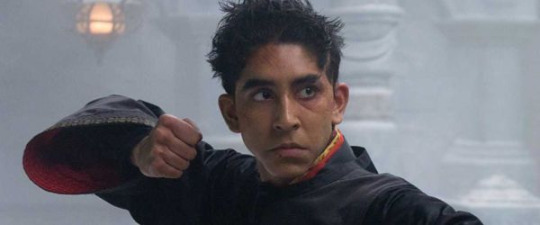
[Image description: Screenshot of Zuko from the 2010 adaptation The Last Airbender. Dev Patel has a very subtle amount of makeup meant to convey minimal scarring around his left eye.]
Like I said: facial difference counts as a disability because society treats it like one. In the social model, that’s what counts rather than, for instance, how much peripheral vision Zuko does or doesn’t have.
I’m not linking to any of many works of fan art that depict Zuko tilted to the right, occasionally even when other characters are presented facing directly ahead. Nor am I going to link to any of the equally-plentiful works of fan fiction that keep most other elements of canon the same but specify that Zuko’s face is unscarred. (A similar number, it’s worth noting, also make Toph sighted.) This isn’t a callout. It’s an explanation of how Avatar does an effective job of showing how Zuko’s facial difference informs his identity without making that difference the sum total of his identity.
4K notes
·
View notes
Text
8K notes
·
View notes
Text
8K notes
·
View notes
Text
Everyone always talks about Brennan Lee Mulligan going all in on a bit, but there is one person who I think reigns above them all, and that person is Vic Michaelis. No matter what show they are on, whether its make some noise, play it by ear, or their most recent appearance on game changer with tonight's "Sam Says 3" they take what ever they are given and they run with it, they run like hell, they run like they're trying to escape a tornado. They are funny as hell
2K notes
·
View notes
Text
growing up as a cis girl the patriarchy told me “you’re a girl because of the way you were born, there is nothing you can do about this, you have no say in your gender” and i hated being a girl because it wasn’t my choice it was a prison and the trans community told me “you’re a girl because you say so, your view of yourself is the most important thing, if you change your mind that would be ok” and it made me proud to be a girl and feel empowered in my gender and i wasn’t trapped anymore and then terfs come along and tell me “you’re a girl because of the way you were born, there is nothing you can do about this, you have no say in your gender (but like in a woke way)” and they somehow expect me to be on their side?
206K notes
·
View notes


